Mozambique President Daniel Chapo addresses United Nations General Debate - Watch
Mozambique: Prosecution turns Mondlane’s own words against him – AIM
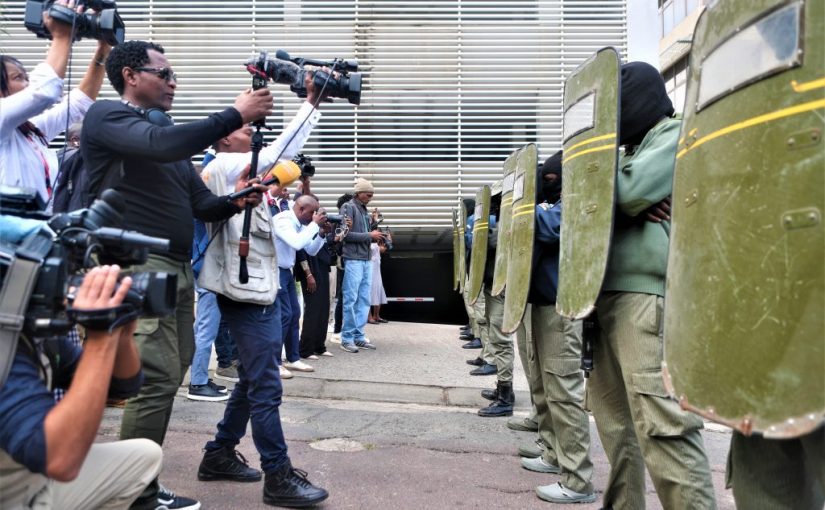
File photo: Lusa
The indictment against former presidential candidate Venancio Mondlane, drawn up by the Mozambican Attorney-General’s Office (PGR), is based almost exclusively on Mondlane’s own live broadcasts.
There was not much investigation involved in drawing up the charge sheet – the prosecutors merely cited at length from Mondlane’s own declarations to back up their charges that he has committed such crimes as incitement to terrorism, and incitement to public disobedience.
All of this is already in the public record, and so Mondlane’s legal team will have the difficult task of showing that his words do not constitute incitement.
Based largely on Mondlane’s own public broadcasts, transmitted over his Facebook page, the prosecution claims that he drew up “a plan, resorting to the dissemination of radical ideas, to provoke a state of fear and terror, in order later to alter or subvert the rule of law”.
This plan consisted of mobilising groups of people “for concerted hostile actions against bodies of the Mozambican state, generating a climate of social violence”.
Mondlane, the indictment claims, was aware that his actions “would lead to a scenario of disorder and instability which would put people’s lives and physical integrity at risk”, and so he evacuated his family to a safe place and then left the country himself on 21 October.
Even before this, he issued a call to shut the entire country down. “We shall paralyse the whole country, without movement, without work, without anything moving in this nation. We have decreed total paralysis of the entire country (as from zero hours on 20 October), a national general strike”.
The prosecution says that Mondlane’s call led to “a wave of violent protests” on 21 October which caused “clashes between demonstrators and the police, injuring various people, blocking roads, with resort to various obstacles and burning tyres, and the stoning or burning of vehicles”. As threatened by Mondlane, Maputo and other urban centres were indeed brought to a standstill.
The following day, Mondlane threatened a further 25 days of protest to symbolise the 25 bullets that struck his lawyer, Elvino Dias, murdered in central Maputo on 19 October. These would be “25 days in which we terrorise the terrorists. We shall create a climate of terror for the liars, a climate of terror for the murderers, a climate of terror for the thieves”.
He promised further demonstrations and general strikes and was quite open about his intention to shut down the entire country in response to the declaration of the results from the general elections, which he regarded as fraudulent. He called on young people in all the country’s 154 districts to join the demonstrations.
For page after page the indictment continues, citing Mondlane’s own broadcasts as evidence of his supposed plan to bring down the government.
In November, Mondlane urged the public not to pay any taxes or even municipal fees. “The people are cancelling all kinds of taxes”, he declared. “We shall pay absolutely nothing”.
“The time has come for the people to take power in Mozambique”, he announced, and so there would be a “march on Maputo” on 7 November. He predicted four million people would fill the streets of Maputo on that day.
The number was absurd – even if the adjacent city of Matola is included, the total population of Maputo comes nowhere near four million.
Although the promised millions were nowhere to be seen, a large number of young followers of Mondlane did obey the call for a march on 7 November, and set fire to public and private vehicles in central Maputo.
The prosecution said that Mondlane achieved his goals of paralysing the normal functioning of the country’s institutions. Mondlane went on to promise “very severe damage” to the Mozambican economy. Again, Mondlane broadcast these threats openly.
The prosecution noted that protesters blocked the motorway from Maputo to South Africa, and other major roads. There was also sabotage of the toll gates, since Mondlane demanded that motorists should no longer pay any tolls.
Day after day, week after week, Mondlane broadcast messages which the prosecution regards as incitement to crime and even to terrorism.
By issuing these messages, the prosecutors claimed, Mondlane “acted to instigate violence and social upheaval”.
Mondlane’s lawyers have yet to respond to the indictment.


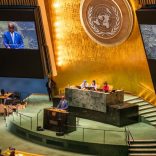
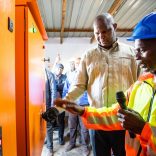

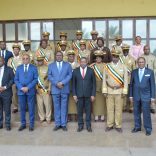
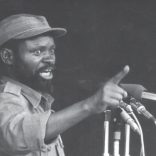
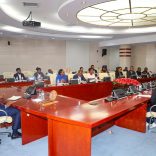

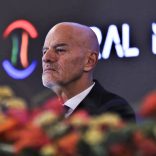



Leave a Reply
Be the First to Comment!
You must be logged in to post a comment.
You must be logged in to post a comment.